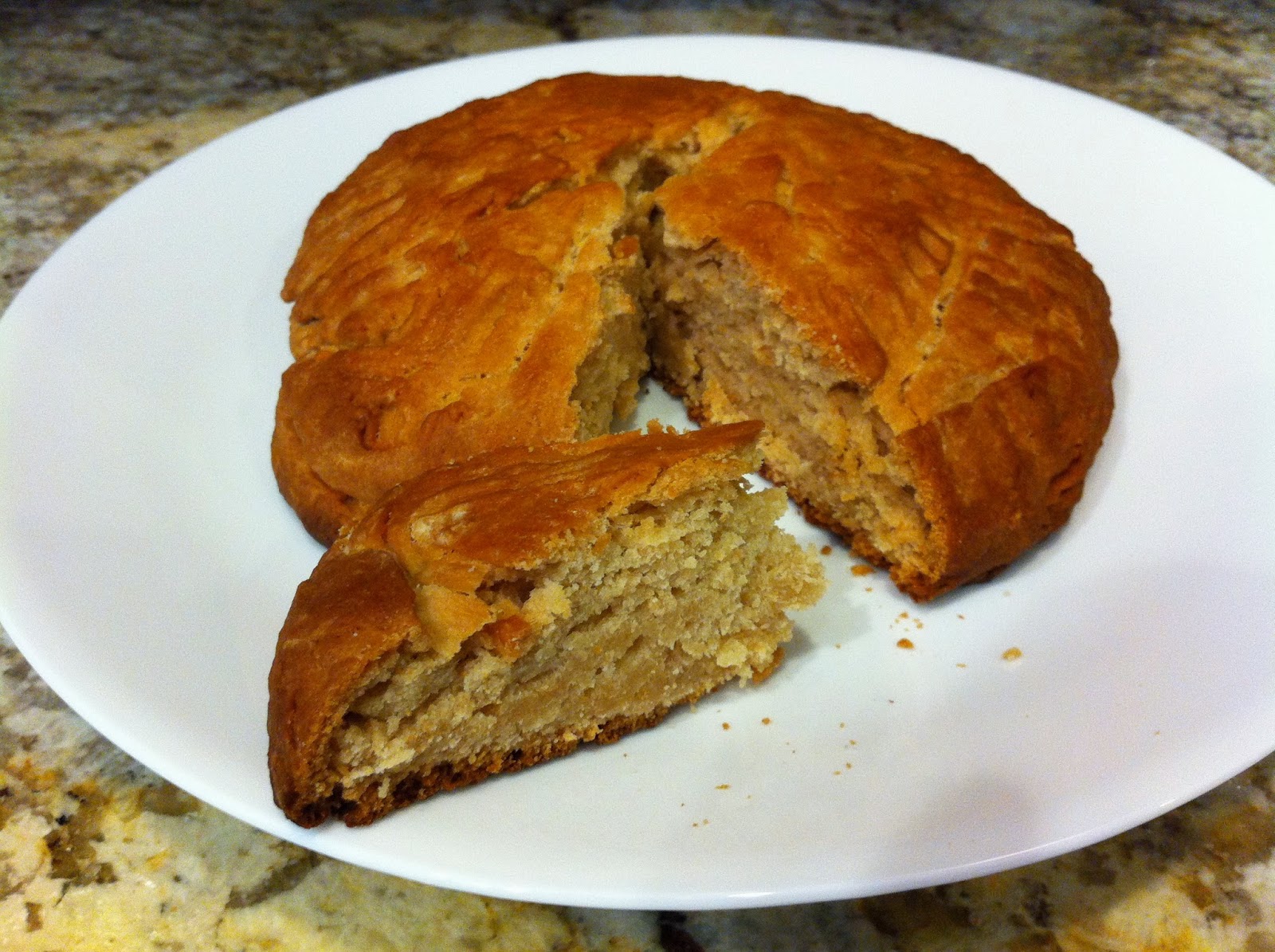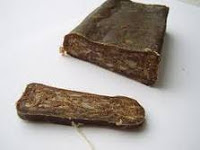
There is a lot to learn in this world. Just when I thought I knew all there was to know about making chorag, a curve ball was thrown my way.
While touring Macar and Sons Middle Eastern warehouse, Nazan Macarian, introduced me to mastic gum (mastica), an ancient Greek ingredient sometimes used in making chorag and locum. I knew mastic was used in locum, a jelly-like candy dusted in powdered sugar, but not in a chorag application. Mastic gum or mastica, is sap from an evergreen shrub from the pistachio tree family. Nazan suggested freezing it until ready to use. I bought a little bit, and popped it in the freezer.
While cruising “The Art of Armenian and Middle Eastern Cooking” on Facebook, I came across a comment by Aghavni Armoudian of Tulsa, Oklahoma, who mentioned mastic gum and chorag in the same sentence.
Ah Ha! Here’s someone who knows!
I wrote to her, asking how she uses mastic gum in her chorag recipe.
Aghavni wrote:
“I usually do not measure! I would guess half a teaspoon. To pulverize it, I use my garlic mortar and pestle, add the gum and equal amount of sugar and the mahleb, and smash/grind. The gum can get sticky, but the sugar and mahleb help. Then I pass it through a fine sieve so to prevent larger pieces from going into the dough. Clean your utensils immediately!”
Sounds simple enough. But before forging ahead, I had one more question: What does mastic gum taste like?
Aghavni used the word “aromatic” in her description, but that didn’t quite explain it.
So, I contacted a candy-maker in California who specializes in making mastic locum (who better to ask?).
This is what he said:
“Mastic is such a difficult flavor to put into words.
When I cook locum and put the mastic in the kettle, the aroma takes over the entire facility.
The flavor is very light and refreshing. It adds to the sweetness of the choregs my mother makes, yet it’s not a sweetener of any sort.
As a youngster, we would place the mastic flavored locums between two pieces of biscuits and would eat it as an after school snack. (similar to smores)
We occasionally do the same now after dinner at my parents house.”
Robyn’s comment: Interesting concept: Armenian Locum S’Mores! Mmmmmm!

For professional purposes, I received a box of mastic locum, so we could decide how to describe the taste of mastic ourselves.
With the help of my mother and husband, we got down to “work”. We brushed off as much powdered sugar as possible so we could concentrate on the mastic flavor. Later, I took some of the locum to a small gathering of friends for their impressions.
Here are our results:
1. A light taste with a hint of pine
2. Light perfume with floral overtones
3. Woodsy flavor
4. Bitter herbs counteracted by the powdered sugar
5. Slight resin taste
6. All my mother tasted was the sweetness (Her taste buds aren’t what they used to be!)
Now that the I have my chorag-mastic gum instructions, and an idea of how it tastes, my next batch of chorag will be enhanced with the addition of mastica. That , however, will be another post.





I love this blog….and I could eat locum every day! Thanks for the new flavor idea.
Tara Chirkinian
Thank you, Tara; we appreciate your enthusiasm!
I like the results. They are all right on. Great blog! Thank you.
Thank you, too, for making the taste-test possible. We enjoyed every bite!
I love mastic gum I love anything with mastic in it. i'm Lebanese and and there are many things u can put mastic in, like cheese all kinds of sweets. I don't know why I crave it so much it's like a drug to me please tell me how to get some mastic.
Mastic gum does have a certain quality about it – some love it; others not so much. I happen to be a fan of mastic myself. Check out http://www.macarfoods.com for purchasing mastic gum, search under 'spices and extracts'. It might be sold by the pound, I'm not sure, and no price was listed on line. You can call the Macarian family(phone # is listed on their website), and tell them Robyn Kalajian sent you!